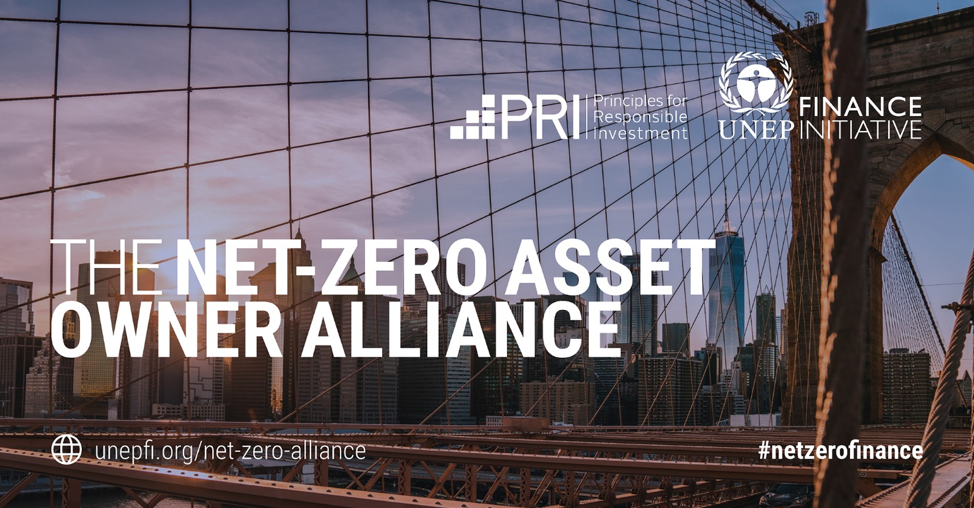World Bank Report Highlights Role of Human Development for a Successful Green Transition in Europe

|
Listen to this story:
|
Study emphasizes the need for adaptation effort and mitigation of unintended consequences as critical factors in achieving the European Green Deal goals
As the world continues to grapple with climate change impacts, policies aiming to reduce greenhouse gas emissions and decouple the economy from natural resource consumption must also address the green transition’s unintended consequences, particularly for the poor and vulnerable.
Climate change is a significant challenge of our time, and the European Green Deal (EGD) serves as the European Union’s response to the issue. Combining a wide range of regulations, policies, and interventions, the success of the green transition hinges on incorporating appropriate human development policies to support the process.
In its regional report, “Making the European Green Deal Work for People: The Role of Human Development in the Green Transition,“ the World Bank identifies education, health, and social protection policies crucial for a successful green transition in Europe.
See related article: World Bank Approves $650 Million in Jordan Climate & Energy Projects
“Human development policies are vital for a fair and equitable green transition,” says Gallina A. Vincelette, World Bank’s Country Director for the EU. “These policies must ensure people are not left behind. For instance, social protection policies are essential for mitigating transition costs, while education systems must facilitate long-term change to support the green transition.”
The report highlights that the green transition may have uneven impacts across individuals and regions in Europe. While prosperous, innovative regions with highly skilled workforces stand to benefit, less developed areas could face challenges. To address this, workers in shrinking carbon-intensive industries require access to training and reskilling programs, aligned with the needs of emerging green industries and coordinated with public employment services to provide labor market opportunities. Government programs and labor market agencies must shift their approach to support workers in finding jobs during the green transition.
Students and workers need robust foundational skills to capitalize on the opportunities created by the green transition. EU Member States must modernize their technical, vocational education, and training systems, and education systems must act now to produce long-term improvements in foundational skills (numeracy, literacy, and socio-emotional skills) and foster the development of technologies to reduce emissions and alter consumer preferences.
The report outlines four criteria for a successful green transition: effectiveness, efficiency, sustainability, and attainability. Each criterion addresses specific aspects of the transition.










